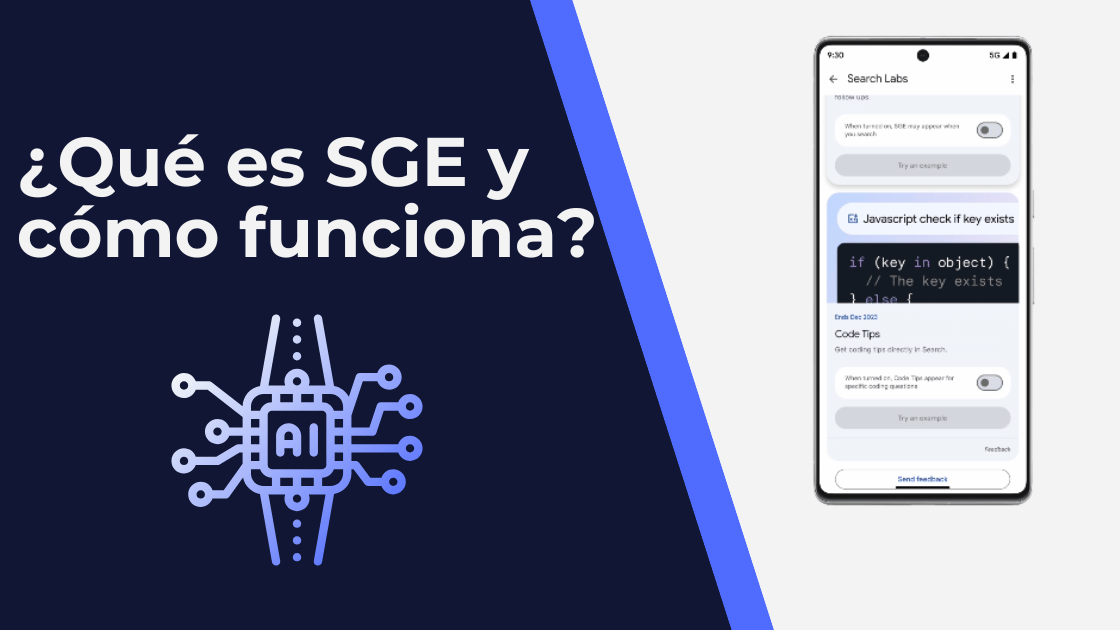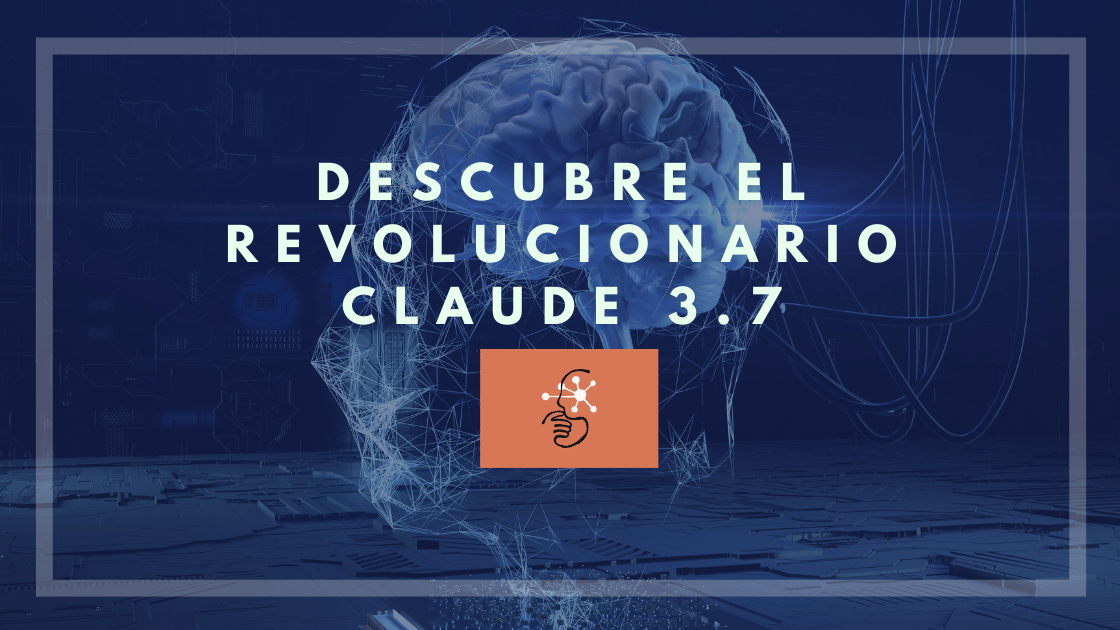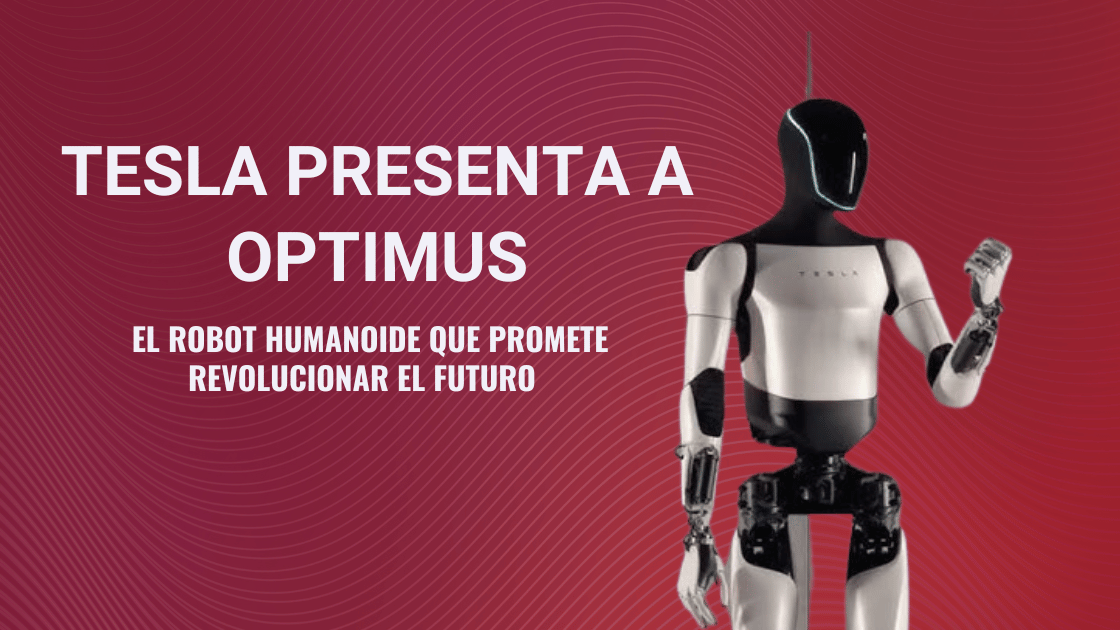Tesla unveils Optimus, the humanoid robot that promises to revolutionize the future of automation
Tesla and its CEO, Elon MuskThe company has taken a new step in the robotics industry with the introduction of Optimus, a humanoid robot that, according to Musk, has the potential to be "the biggest product" of the company. Optimus was featured at recent company events, such as "We, Robot," where Musk showed off the latest abilities of this robot that aims to change the dynamics of homes and businesses through its autonomous capabilities and projected price point, which could make it accessible to many consumers in the future.
Optimus: A look at its capabilities
Tesla has positioned Optimus as a multifunctional assistant capable of performing a wide range of everyday tasks, from home maintenance to assisting in work environments.
During demonstrations, the robot surprised the audience by performing tasks such as serving drinks, playing "rock, paper, scissors" with attendees and even choreographing to music. These abilities show a versatile and social side that goes beyond traditional industrial uses, as Musk envisions Optimus as companions in the home, capable of performing daily activities such as cleaning, watering plants or even keeping the elderly company.
Optimus has improved autonomy and navigation, including the ability to navigate unfamiliar spaces without human assistance. Equipped with cameras and artificial intelligence systems, the robot can avoid obstacles and even search for its charger to recharge energy autonomously.
Tesla has emphasized that, thanks to its learning system, Optimus will be able to develop a "shared understanding" of the environment with other robots, which would allow them to collaborate and improve in their functions collectively, especially in factories or production environments (Teslarati).
Technologies and advances in AI
Optimus integrates advanced artificial intelligence algorithms and neural networks that allow it to adapt to different scenarios and, in some cases, make decisions without constant supervision. According to Tesla, Optimus' visual systems, which include 2D cameras, are key to its guidance in enclosed spaces where GPS is not available.
According to a recent video, the robot has improved its movement capabilities and can now carry heavy objects, making it potentially useful in logistics or maintenance tasks in industries (Wired).
For Elon Musk, the long-term goal is to make Optimus an affordable commercial product. Although a launch date has not yet been confirmed, it is estimated that mass production could begin after 2026.
Musk suggests that Optimus will be priced around $20,000 to $30,000, which, according to the tycoon, makes it comparable to a mid-range vehicle, which could broaden its accessibility and encourage the adoption of robots in the domestic sphere (Week).
Elon Musk's Vision: A Robot for Every Home
Elon Musk has expressed that Optimus could have applications beyond industry, anticipating a future in which these robots become trusted assistants in the home and contribute to an "age of abundance." According to Musk, Optimus could perform a variety of tasks ranging from personalized education for children to companionship for older adults, reflecting a transition towards a use of robotics focused on social welfare and human interaction (Hipertextual).
Tesla's aspiration for every household to have an Optimus poses a significant challenge in terms of ethics, privacy and reliance on AI. As with its autonomous vehicles, software accuracy and reliability are crucial to avoid errors that could affect users' safety. While the demonstration was impressive, some experts suggest that the commercial deployment of Optimus could face technical and regulatory challenges before materializing into an everyday reality.
Frequently Asked Questions (FAQ)
When will Optimus be available to the public?
Although Tesla has not announced a specific date, it is estimated that mass production could begin after 2026, once its capabilities have been refined and manufacturing costs reduced.
2. How much will Optimus cost?
Elon Musk has mentioned that the target price for Optimus will be between $20,000 and $30,000, a range that Tesla says would make it competitive with other mid-range technology products.
3. What applications could Optimus have in the home?
Optimus is designed to perform household tasks such as cleaning, watering plants, playing games or even caring for the elderly, making it a multifunctional home assistance tool.
Reflection: Can a robot really be integrated into everyday life?
The development of Optimus represents a major milestone in robotics and in Musk's vision of a future where robots are allies in everyday life.
However, for this scenario to become a reality, it will be essential for Tesla and other companies in the industry to address the technical and ethical challenges of advanced robotics. Successful implementation of Optimus will not only require perfecting its technology, but also building trust with consumers, who will need to accept that an autonomous device can participate in their daily routines.
With Optimus, Tesla seeks to position itself as a leader in personal assistance robotics, promising a transformation that could improve the lives of many people. If you want to learn more about advances in technology and their impact on society, explore our blog for other items of interest.





